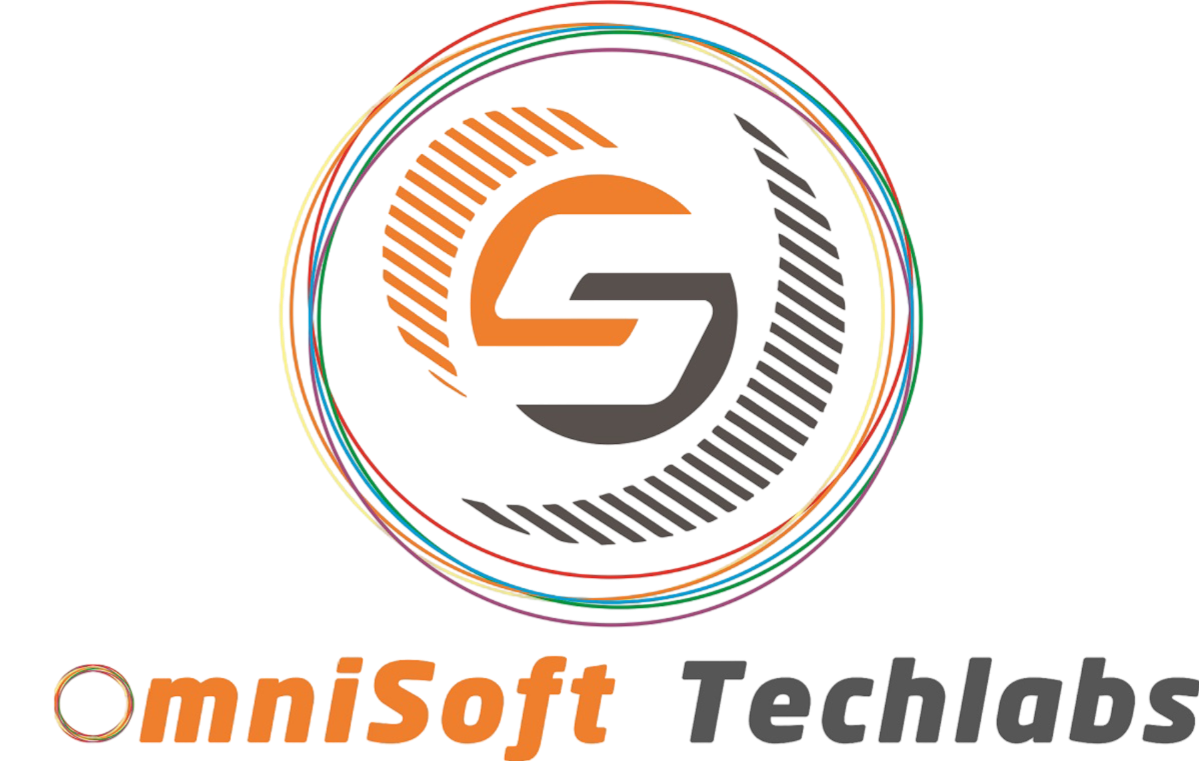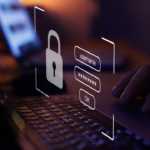In today’s digital landscape, protecting customer data is more critical than ever. With increasing reliance on CRM software to manage client information, businesses must adopt robust security practices. By implementing the right measures, you can safeguard sensitive data, comply with legal standards, and build trust with your customers.
Why Securing Customer Data in CRM Software Is Essential
Growing Cyber Threats Targeting Businesses
Cyberattacks have surged in recent years, with hackers targeting customer databases for personal and financial information. If CRM software is compromised, the consequences can include data breaches, loss of customer trust, and significant legal penalties.
Regulatory Compliance and Legal Requirements
Laws such as GDPR, HIPAA, and CCPA mandate strict guidelines for data protection. Non-compliance can result in heavy fines and reputational damage. Securing your CRM software ensures you stay within legal boundaries while maintaining customer confidence.
Key Features to Look for in Secure CRM Software
Encryption and Data Protection
Ensure your CRM software encrypts data both at rest and in transit. Data Encryption is a fundamental layer of defense that prevents unauthorized access, even if the data is intercepted.
Role-Based Access Controls (RBAC)
Limit data access to authorized personnel only. With RBAC, employees can only view or modify the data they need, minimizing the risk of internal threats.
Regular Security Updates and Patches
Outdated software is a breeding ground for vulnerabilities. Choose a CRM system that prioritizes regular updates to address emerging security threats effectively.
Best Practices for Securing Customer Data in CRM Systems
Train Your Team on Security Protocols
Your employees are the first line of defense. Regular training sessions can educate them on recognizing phishing attempts, using strong passwords, and following best practices for data handling.
Implement Multi-Factor Authentication (MFA)
MFA adds an extra layer of security by requiring users to verify their identity using multiple methods. This significantly reduces the risk of unauthorized access.
Perform Regular Security Audits
Frequent audits help identify potential vulnerabilities in your CRM setup. Addressing these gaps proactively ensures that your customer data remains secure over time.
Leveraging Advanced Tools for CRM Security
AI and Machine Learning
Modern CRM platforms incorporate AI-driven security features, such as anomaly detection, to identify suspicious activities in real time. These tools act as an additional layer of protection.
Cloud-Based CRM Solutions
Opt for cloud-based CRM solutions that offer enterprise-grade security features, including backup and disaster recovery options. Trusted providers invest heavily in securing their platforms against cyber threats.
Conclusion: Prioritize Customer Data Security with CRM Software
Securing your customer data with CRM software is not just a necessity; it’s a commitment to your clients and their privacy. By understanding the risks, leveraging the right features, and following best practices, you can create a secure environment that protects sensitive information and fosters trust.
With proper implementation, your CRM system can become a powerful tool for growth while safeguarding what matters most—your customer relationships.



